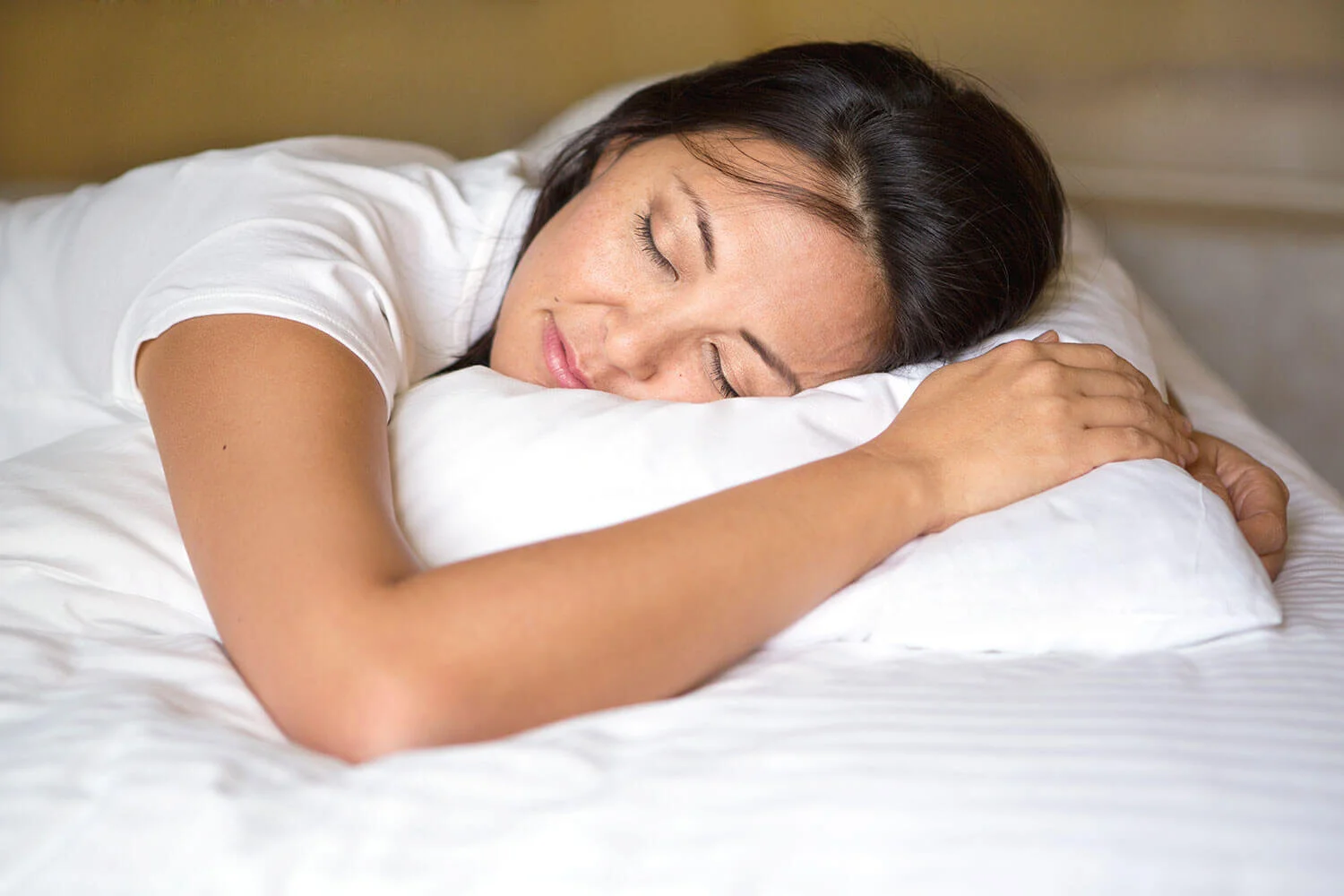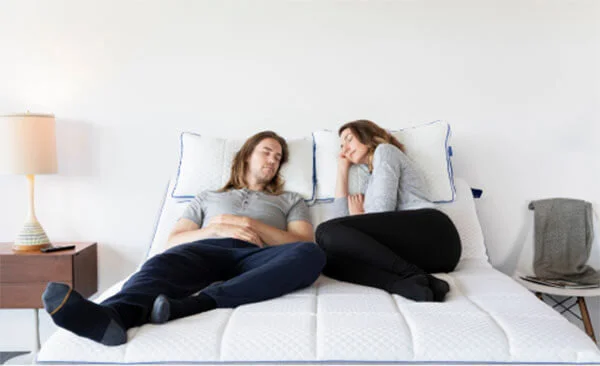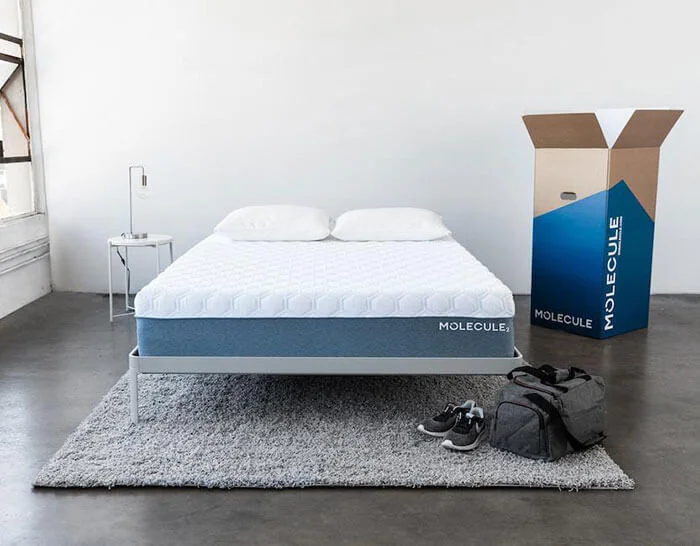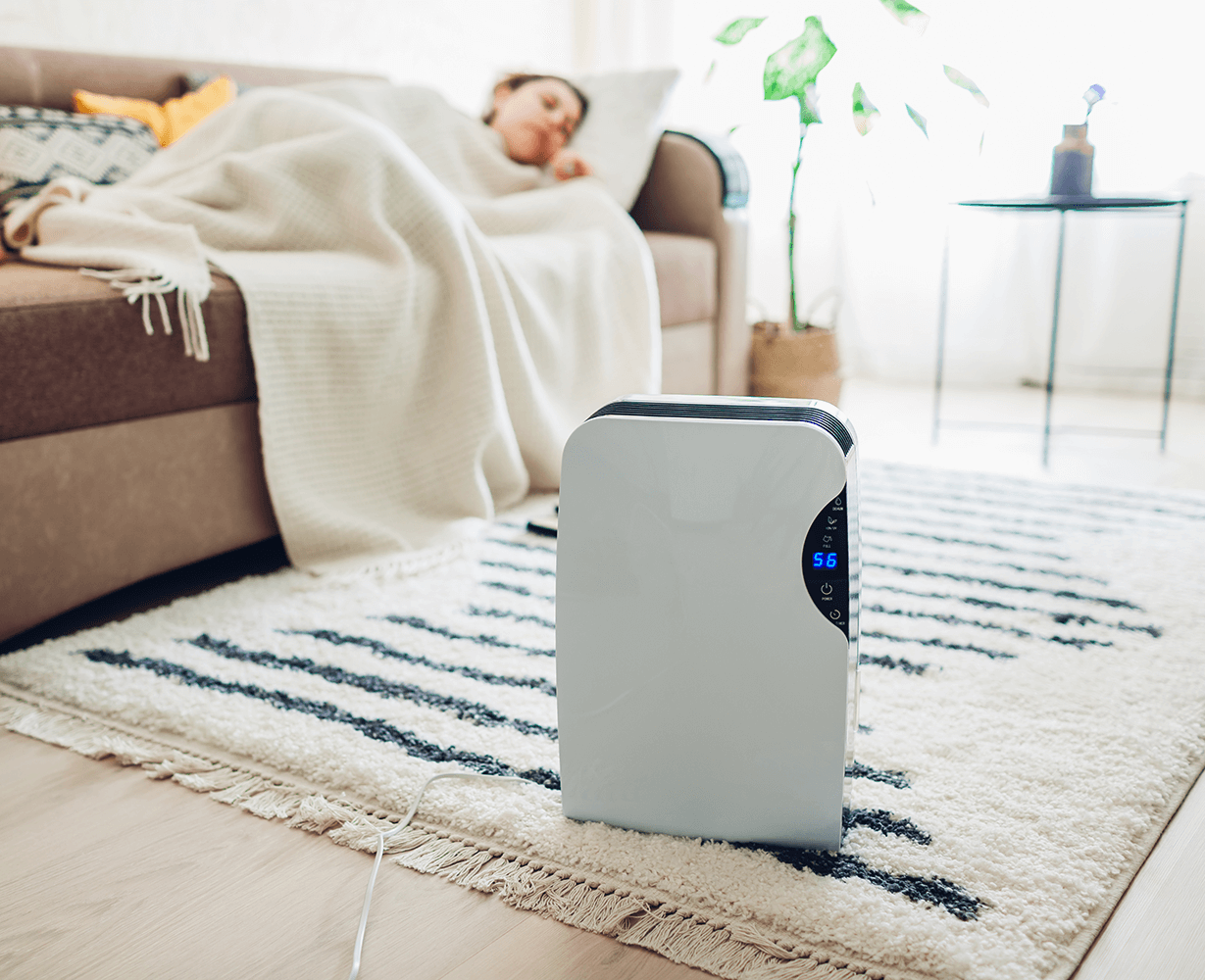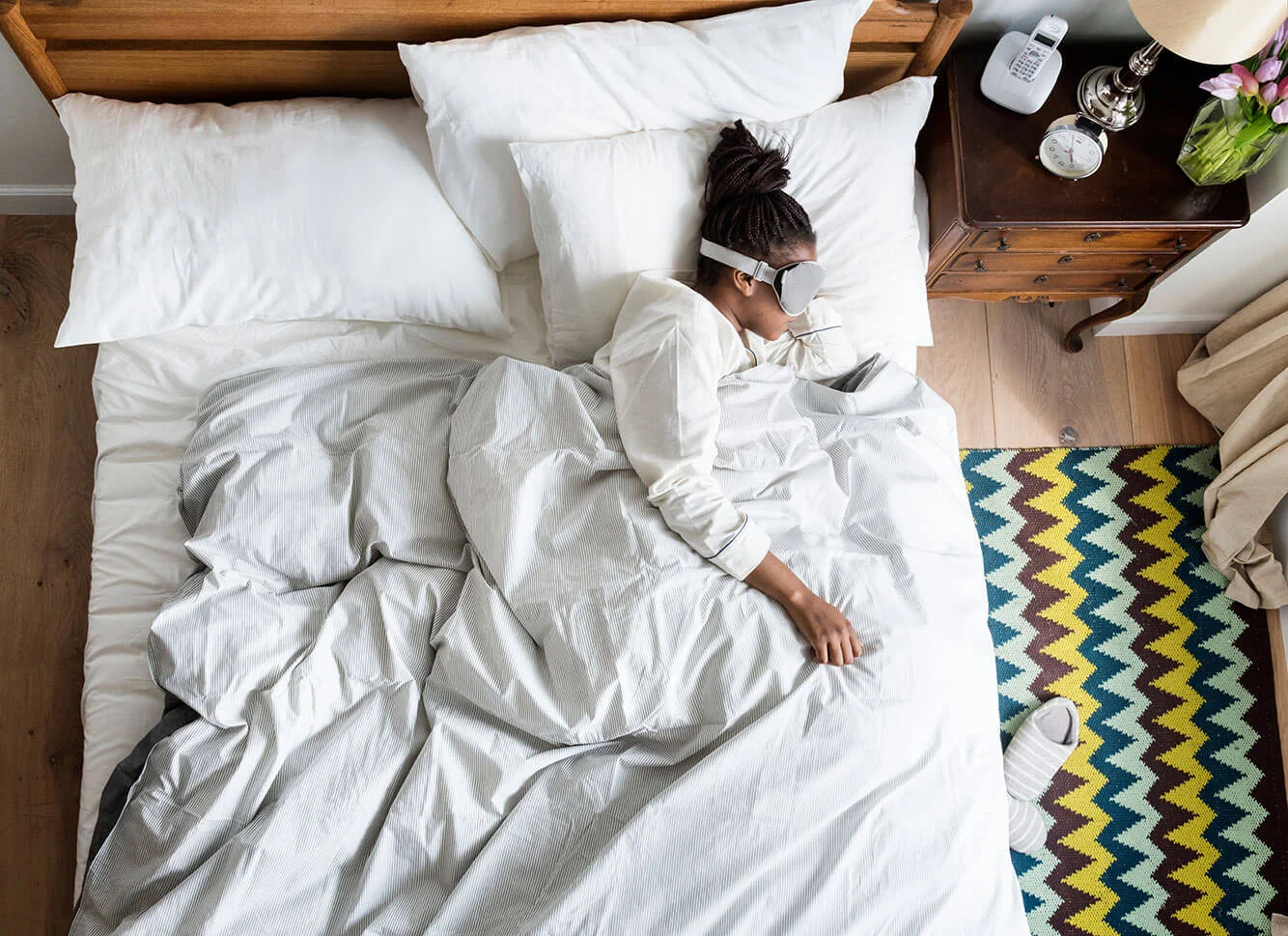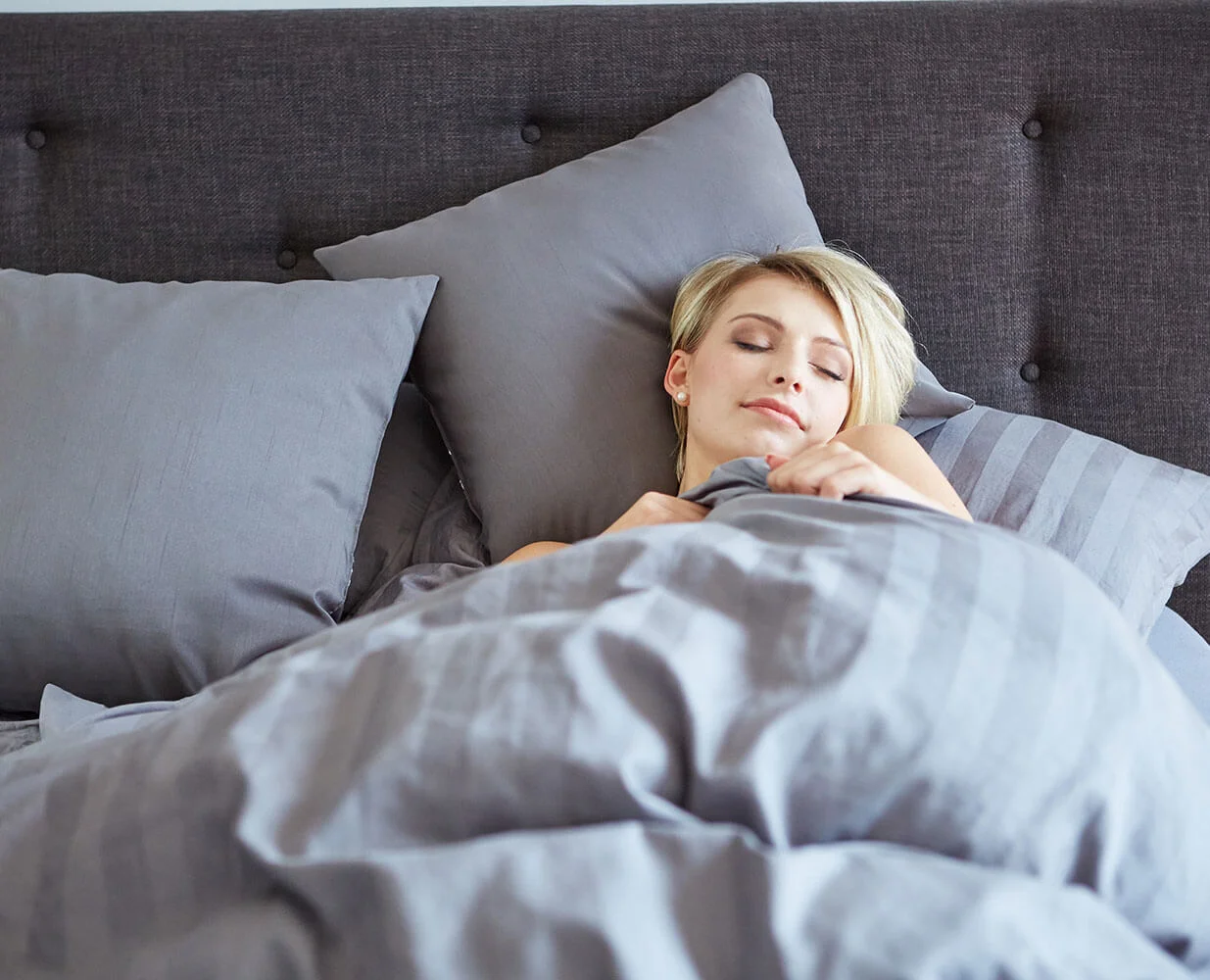Sleep Is Important To Our Overall Health
Sleep is one of the best things we can do for ourselves. Sleep can help us feel refreshed, it can help us heal and it can even help us look more beautiful. While most people know that sleep is important, it doesn’t mean that we always tend to get enough sleep. A majority of people report they often feel tired and as though they are not getting enough rest at night, which begs the question; how much sleep do we really need?
A lot of experts will tell you that 7-9 hours is the magic number when it comes to getting enough sleep at night, but is that recommendation true? To answer this question, it is important to not only take a look at how much sleep we should be getting at night, but on the ways in which we can make the most of the sleep that we are able to get.
The Importance of Sleep
importance of sleep
Sleep is important, there is no way around it. We all need to sleep in order to function, but just how important is sleep really? Sleep is about more than helping us feel less tired and more rested, sleeping provides our bodies with an important opportunity to heal and restore itself.
Just take a look at all of the things that sleep really does for us—it will help you see first-hand why getting sleep at night is so important.
Sleep directly affects your mental health and emotional balance and stability.
Sleep can impact your ability to focus and your productivity.
Sleep can impact your physical health, particularly your brain and heart health.
Sleep gives your body a chance to heal and restore and can help build a better immune system.
Sleep can help with your energy and help you maintain a healthy weight.
Sleep can impact your complexion, skin and overall appearance.
When you lay down to sleep at night, your body isn’t just “shutting off,” in fact, it is working more than ever. Your brain is getting to work and basically doing maintenance on your body to make sure that it is running in the way it should be. This is why sleep is so important when you are sick.
Myths and Facts About Sleep
There is a lot of information circulating out there about sleep—some of this information is true and some of this information is nothing more than myth. Before you start rearranging your entire life to start getting more sleep, it is important to understand some of the most common myths and facts out there about sleep.
Sleeping One Hour Less Per Night
recommended amount of sleep
Myth: If you cut off just one hour of sleep each night, it won’t do much to impact your ability to function during the day.
Fact: Even if you don’t feel more tired during the day after sleeping one hour less per day, losing just one hour of sleep can impact your body in a number of ways. You may not be able to focus or think as hard or respond as fast as you would with a full night of sleep.
Plus, sleeping just one hour less per night can impact your heart health and even your immune system. Simply put, don’t think that cutting our an hour of sleep per night doesn’t matter; just 60 minutes less of sleep per evening can make a major impact.
Quantity is the Only Thing That Matters With Sleep
average amount of sleep
Myth: Getting more hours of sleep per night is the only thing that you need in order to get over feeling tired during the day.
Fact: Yes, while getting those 7-9 hours of sleep per night is important, many people focus only on the quantity of sleep they are getting and not necessarily the quality of their sleep. If you are sleeping 8-9 hours per night but still feel tired during the day, chances are the issue is that you are not getting quality sleep and you are not sleeping soundly through the night.
Your Body’s Ability to Adjust to Sleep Schedules
how to fix sleep schedule
Myth: Your body can quickly and easily adjust to different sleep schedules.
Fact: While most people have the ability to reset their biological clocks, it isn’t always so simple. You still need the right cues, and you can still only shift your sleep schedule by a few hours per day at a time.
This is why jet lag is such a serious issue after you have traveled across the country, and why so many people struggle when they have to go back and forth between the day and night shift.
Making Up for Sleep On the Weekend
sleep schedule for best sleep
Myth: If you have a busy work week, that impacts your sleep, you can make up for it by sleeping more on the weekends.
Fact: There are many people who try to spend their weekends “recovering” by sleeping in all weekend, it won’t completely make up for your lack of sleep during the week. It can help you feel restored and rested, especially if you aren’t getting at least 7 hours per night during the week.
However, if you are sleeping in too much on the weekend, it can completely impact your sleep-wake cycle which can throw off your sleep schedule for the week and make it difficult to fall asleep on Sunday nights.
How Many Hours of Sleep Do You Need by Age?
The big question that most people have about sleep all comes down to this—how much sleep do we really need to function our best. Well, it varies from person-to-person and is mostly impacted by your age.
Here is a rundown of how much sleep people need based on their age.
Newborns (up to 3 months old)- Need 14-17 hours of sleep per day, but they can get as little as 11 hours and up to 19 hours of sleep every day.
Babies 4 months to one year old- Need 12-15 hours of sleep per night and can sleep for up to 18 hours per day.
Babies 1-2 Years Old- Kids this age need between 11-14 hours of sleep per night, and should be getting at least 9 hours of sleep per night.
Toddlers 3-5 Years Old- Need 10-13 hours of sleep per night and should be getting at least 8 hours of sleep per night.
Kids 6-13 Years Old- Kids this age should be getting at least 7 hours of sleep per night and should be averaging between 9-11 hours of sleep per night.
Teenagers 14-17 Years Old- Teens should be getting between 8-10 hours of sleep every night, or more.
Adults 18-64- Adults should be getting 7-9 hours of sleep per night, but it may be appropriate for some adults to get anywhere from 6 hours to 10 hours of sleep every night.
Seniors Age 65 and Older- Elderly adults should get between 7-8 hours of sleep per night, but it may be appropriate or seniors to get anywhere from 5 hours to 9 hours of sleep per night.
Sleep really does depend on your age and how your body functions, and the best way to determine if you are not getting enough sleep per night is to assess your own feelings during the day.
Signs That You’re Not Getting Enough Sleep
not getting enough sleep
It is so important for us all to get enough sleep at night, but it is also important to note that everyone is different. While some people can thrive off of seven hours of sleep at night, others may need nine in order to feel their best.
The most important thing is that you pay attention to your own body and to the signs that you aren’t getting enough sleep at night.
Here are common signs and symptoms from lack of Sleep to look for:
You use an alarm clock every morning and find yourself hitting the snooze button every morning.
You feel tired, lethargic and as though you are not motivated.
You struggle to get out of bed every morning, even when you go to sleep on time.
You struggle with moodiness and irritability.
When the afternoon hits, you tend to feel tired and sluggish.
You wake up with dark circles or bags under your eyes.
Your skin is maturing faster.
Every time you are in a long meeting or sitting in a warm room, something as small as this makes you feel tired.
You find yourself feeling depressed.
You tend to get sleepy when you are driving.
After you eat a heavy meal, you start to feel tired or sleepy.
You need to nap every day in order to just get through the day.
Whenever you are relaxing or watching TV, you tend to fall asleep.
You tend to get sick quite often.
When the weekend comes around, you sleep in much later than your normal wakeup time.
You always fall asleep within 5 minutes or less before you go to bed.
If you feel as though you are dealing with symptoms like this, then it is time to change up your sleep routine and start getting more rest at night.
How to Get the Sleep You Need
So, what is the best way to make sure that you are getting the sleep that you need at night? Here are a few tips to get you started.
Get on a regular schedule. This means going to bed at the same time every night and waking up at the same time every morning—even on the weekends.
Visit your doctor. If you don’t know why you are not getting enough sleep at night, you need to make sure that you rule out your sleep issues being symptoms of mental or physical health problems.
Get exercise. Regular exercise is proven to help many sleep issues and may help you burn off the extra energy that is keeping you up at night. You should aim for 30 minutes of activity per day, just make sure you don’t exercise too close to your bedtime.
Change your diet. Removing alcohol, sugar-filled foods and caffeine from your diet can really help with your ability to fall asleep. These things are all stimulants that can keep you up at night.
Reduce your blue light use. In the hours before you go to sleep, do your best to completely remove technology from the equation. This means phones, computers and television. They all have a lot of “blue light” in them which can interrupt your body’s biological clock and your ability to fall asleep. If you need to use technology before bed, consider wearing blue light-blocking glasses.
All of these little steps can go a long way in helping you get enough sleep at night. Of course, if you are still struggling to fall asleep, you can also consider visiting a sleep specialist who can monitor your brainwaves and activities while you sleep and help you get to the bottom of the issue.
A New Mattress Will Improve Sleep
sleep deprivation from poor sleep schedule
Have you done all of these things, but you still struggle to sleep at night? Another solution may be to get a new mattress. Your mattress can have a serious impact on your ability to sleep. You should be replacing your mattress at least every 7 years, so if you haven’t replaced your mattress recently it may be time.
When you look for a new organic mattress to help with your sleep, make sure that you choose a mattress that not only has your preferred firmness, but one that comes with an in-home trial. It can be difficult to determine whether or not a mattress will really work for you just based on sitting on it for a few minutes in-store.
There are many organic, safe and natural mattresses out there that come with in-home trials so you can try out your mattress in home and determine for yourself if it is helping you get better sleep.
Make Room For Quality Sleep To Improve Your Health
Getting enough sleep at night can be much more difficult than it seems. However, by making the effort to get at least 7-9 hours of sleep per night can go a long way in helping you look and feel your best. Remember, if you are struggling with fatigue, weight gain, dark circles, or any other number of different health issues and feel you are not getting enough sleep at night—making this type of positive change can go a long way in helping you get and stay healthy.
We all lead busy lives and all feel as though we don’t have any extra time to spare, but if you can make more room for quality sleep, you surely will love all of the benefits that it brings.
Jessica Lauren is Founder, contributing Author and Owner of Citrus Sleep. Citrus Sleep is an online publication that highlights brands, sleep products, women’s fashion, subscription services and ideas creating positive social change and promoting a healthy lifestyle. After spending nearly a decade working in PR and marketing for several brands and startups, Jessica knows what truly drives conversions, sold-out launches and guest posts.
Follow Jessica at @jessicalaurencs | Jessica Lauren

